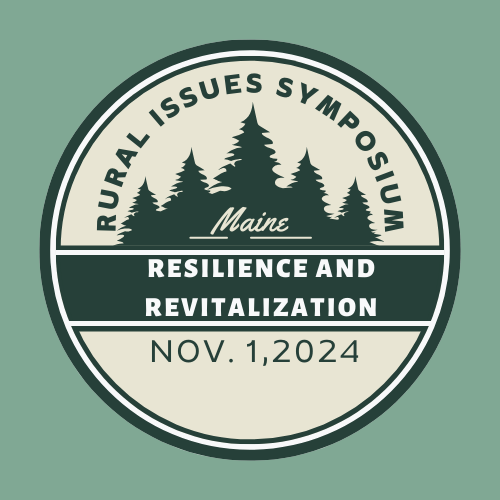
Next-Generation Ecosystem Science Centers Pluralistic Ways of Knowing
Description
We – a transdisciplinary team of researchers at the University of Maine, in collaboration with other scientists and practitioners from government and non-profit institutions – see a critical need for research and training programs and funding that foregrounds collaboration, ontological and epistemological diversity, and stakeholder empowerment. M.S. and PhD students from multiple fields will be equipped with the theoretical foundation, knowledge, and professional skills needed to effectively access, analyze, synthesize, and communicate diverse types of information from local ecological knowledge to big data. We refer to this convergent science as 3-D ecosystem science. The three axes that contribute to 3-D ecosystem science are: (1) time, the temporal progression in science and policy towards holistic approaches to research and management; (2) complexity, the increasing complexity of modeling efforts to account for the social and environmental components of systems; and (3) diversity, the knowledge gained from adding ontological and epistemological depth to the study of ecosystems and their dynamics. Our training program emphasizes an emancipatory approach to convergence research (after NSF 2016). The research generated through the program will empower marine resource users, resource managers, and other stakeholders (Moon and Blackman 2014). This approach is critical for meaningful engagement and two-way communication with community partners, particularly in rural coastal communities, where geographic distance and other factors have contributed to real and perceived marginalization in previous research and management processes (Woodward 2005, Farr et al. 2018).


